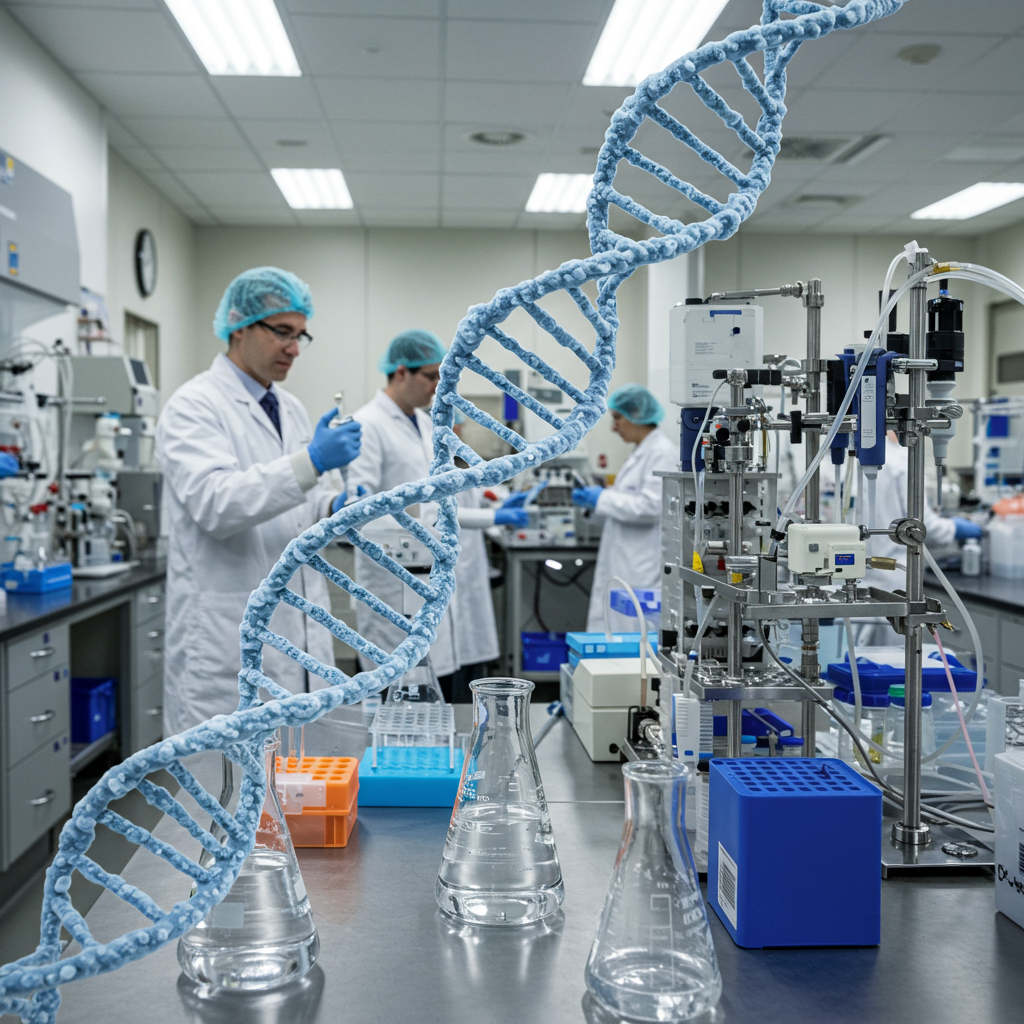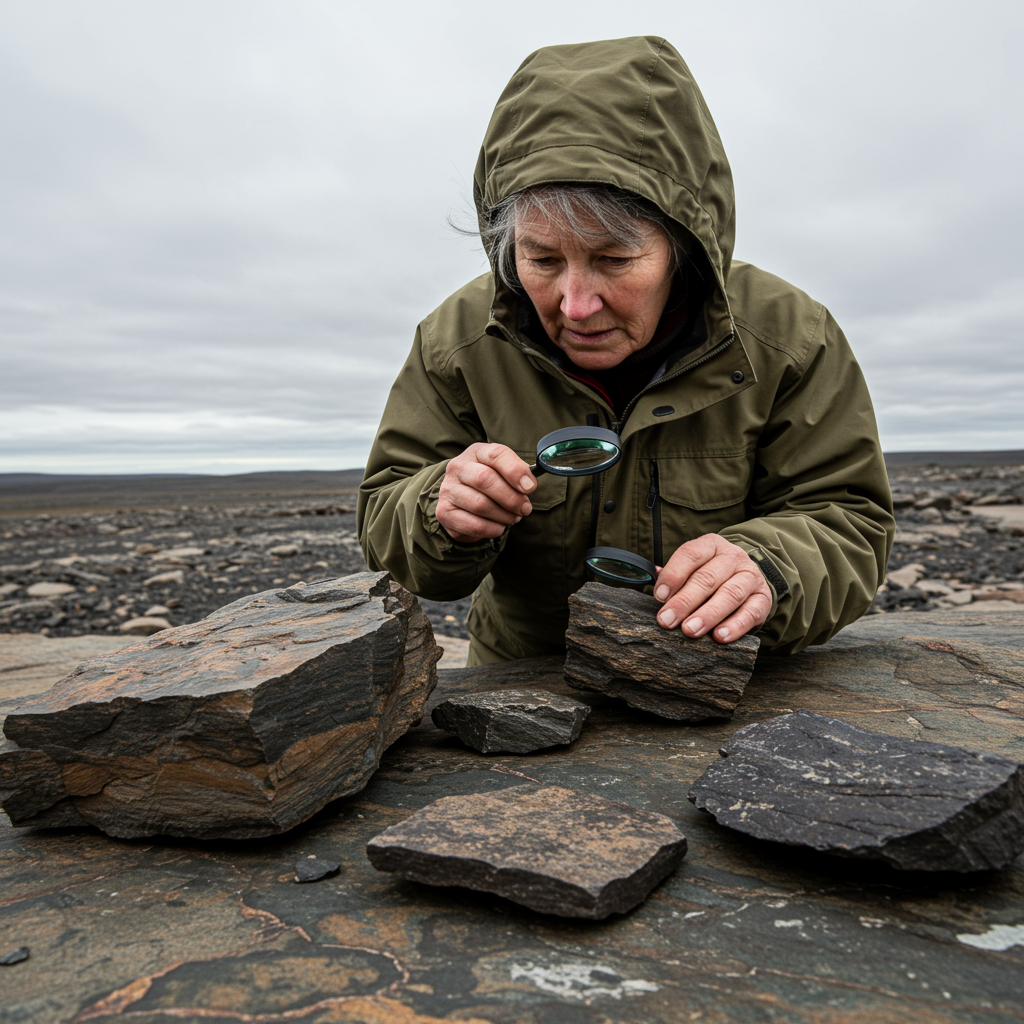A groundbreaking yet highly controversial scientific undertaking in the United Kingdom has commenced, aiming to achieve a world first: constructing human DNA entirely from chemical components. This ambitious initiative, known as the synthetic Human genome Project (SynHG), signals a pivotal moment in synthetic biology, moving beyond merely reading or editing life’s code to the profound capability of writing it from scratch. Funded initially by a substantial £10 million (approximately $13.7 million) grant from the Wellcome Trust, a leading global health charity, the project’s initial focus is on developing the foundational tools and technologies needed for this unprecedented feat.
For decades, the concept of synthesizing an entire human genome has remained largely hypothetical, fraught with immense technical challenges and profound ethical debate. While scientists have successfully synthesized the genomes of simpler organisms like bacteria and yeast, creating the vastly more complex human genome, which is roughly 700 times larger than that of E. coli, was considered a distant prospect, partly due to deep-seated societal concerns. However, advancements in gene editing and genome synthesis technologies, coupled with the completion of the Human Genome Project which mapped human DNA, have now brought this frontier into clearer view, albeit surrounded by persistent controversy.
What is Synthetic Human Genome Engineering?
At its heart, synthetic human genome engineering seeks to design and build a complete human genome in a laboratory setting using chemically synthesized DNA. Unlike gene editing techniques that modify existing DNA sequences, this field aims to construct genetic material molecule by molecule, essentially creating entirely new genetic code. This capability is envisioned to allow researchers to explore fundamental biological questions and potentially develop novel applications that are impossible with current technologies. Proponents argue this represents the “next giant leap in biology,” moving from understanding life (“reading”) and altering existing life (“editing”) to the ultimate control of designing and building life’s blueprint from the ground up (“writing”).
Navigating a Thorny Ethical Landscape
The prospect of creating human DNA from scratch is deeply intertwined with significant ethical, legal, and societal uncertainties. Critics voice serious concerns, fearing a potential “slippery slope” towards unsettling applications. A prominent fear is the possibility of creating “designer babies” or enabling eugenics-like efforts to engineer specific human traits, potentially exacerbating societal inequalities and limiting human diversity. Questions also persist about the long-term, unforeseen impacts of introducing synthetic changes into future generations, as the intricate interactions between genes and the environment are not fully understood.
Beyond these concerns, the external research highlights more acute fears, such as the potential misuse of synthetic genome technology for nefarious purposes. Experts have raised alarms that the capability to synthesize large, complex genetic material could potentially be repurposed for developing biological weapons or creating “enhanced humans” or even organisms containing human DNA for non-therapeutic reasons. The concern is that once the technical hurdle is cleared and the “genie is out of the bottle,” it could become extremely difficult to control who uses the technology and for what purpose, especially by groups operating outside ethical norms. Furthermore, the commercialization of synthetic biological creations and the ownership of this data also present complex challenges that require careful consideration.
The SynHG Project: Goals, Funding, and First Steps
The newly announced Synthetic Human Genome Project (SynHG), spearheaded by Professor Jason Chin of the Generative Biology Institute at Ellison Institute of Technology and the University of Oxford, represents a concerted effort to tackle the scientific and ethical complexities head-on. Funded by the Wellcome Trust, the initial £10 million investment underscores the commitment to exploring this frontier. The project’s primary goal is not immediate human genome synthesis, which is expected to take decades. Instead, the focus over the next five years is on developing the necessary tools, technologies, and methodologies required for large-scale genome construction.
As its first major scientific target within this initial phase, the SynHG project aims to synthesize the first fully synthetic human chromosome. Achieving this milestone alone presents significant scientific hurdles, requiring researchers to develop novel techniques for assembling vast stretches of DNA accurately and efficiently. This foundational work is seen as crucial for paving the way towards the eventual goal of synthesizing the entire human genome. Researchers believe that by attempting to build these complex structures, they will gain unprecedented insights into how the human genome is organized and functions.
Potential Benefits Across Sectors
Should the SynHG project succeed in developing reliable genome synthesis tools, the potential applications are wide-ranging and transformative. In the realm of medicine, the ability to synthesize large sections of DNA could revolutionize therapies for numerous diseases. This includes advancing cell-based treatments, developing virus-resistant tissues for transplantation, and accelerating research into currently incurable genetic conditions. By building DNA from scratch, scientists could test hypotheses about gene function in ways not possible by simply modifying existing DNA, potentially unlocking secrets within the genome’s less-understood regions.
Beyond human health, synthetic genome engineering could also hold significant implications for agriculture and food security. The ability to precisely engineer complex genetic traits could lead to the development of climate-resistant crops, better able to withstand environmental challenges like drought, pests, or changing temperatures. This could help improve yields and stability in food production globally. Michael Dunn, Director of Discovery Research at Wellcome, highlighted the potential for this research to answer currently unimaginable questions about health and disease, fundamentally transforming our understanding of life itself.
Collaborative Leadership and Ethical Oversight
The SynHG project is a collaborative effort involving researchers from several leading UK institutions, including Cambridge, Kent, Manchester, and Imperial College London, in addition to Oxford. This multi-institutional approach brings together diverse expertise necessary to tackle the technical challenges of genome synthesis.
Critically, the project leadership is proactively addressing the ethical and societal concerns from the outset. Recognizing the contentious nature of the work, the SynHG project includes a dedicated, embedded social science program called “Care-full Synthesis.” Led by Professor Joy Zhang from the Centre for Global Science and Epistemic Justice at the University of Kent, this program is designed to run concurrently with the scientific research. Its aim is to establish a new model for “accountable scientific and innovative practices” by actively engaging a global network of academic, civil society, industry, and policy partners.
The “Care-full Synthesis” Approach
The “Care-full Synthesis” program will explore the ethical, legal, and societal implications of the technical advancements as they unfold. Through empirical studies conducted across Europe, Asia-Pacific, Africa, and the Americas, the program seeks to understand diverse societal priorities and perceptions regarding synthetic biology. A core focus is ensuring the inclusion of varied perspectives and investigating how the knowledge and potential applications derived from the project can be shared equitably across different regions and communities, should they wish to adopt them. This integrated ethical framework is intended to help guide the development and potential application of synthetic genome technologies in a responsible and respectful manner.
The Road Ahead and Fundamental Questions
While the initiation of the SynHG project marks a significant step, the synthesis of a complete human genome remains a monumental, long-term challenge. The complexity difference between synthesizing a simple bacterial genome and a human chromosome, let alone the entire genome, is vast. The five-year goal of creating a single synthetic chromosome is itself an ambitious target requiring significant scientific innovation.
Even if successful, the technology is expected to open up numerous complex questions, extending beyond ethics into fundamental philosophical inquiries about the nature of life. As humans gain the ability to synthesize the basic components of life, it prompts reflection on our definition of life itself and the boundaries of scientific intervention. The SynHG project aims to build the tools necessary for this new era of biology, but the responsible navigation of its profound implications will require ongoing dialogue and careful governance involving scientists, ethicists, policymakers, and the global public. The potential to transform medicine and our understanding of biology is immense, but it is inextricably linked with the imperative to address the potential risks and ensure the technology benefits humanity as a whole.
Frequently Asked Questions
What is the primary goal of the Synthetic Human Genome Project (SynHG)?
The main objective of the SynHG project is to develop the necessary tools and methods to design and construct an entire human genome from synthetic DNA. While full genome synthesis is a long-term goal taking decades, the initial five-year phase focuses on building these foundational capabilities, starting with the ambitious target of creating the first fully synthetic human chromosome.
Why is creating human DNA from scratch considered controversial?
Synthesizing human DNA raises significant ethical concerns, including the potential for misuse such as creating “designer babies,” furthering eugenics, or developing biological weapons. There are also worries about unforeseen impacts on future generations and the complex societal implications of gaining the ability to “write” human life’s code, prompting fears about control, equity, and the definition of life itself.
Who is funding and leading this synthetic human genome research?
The Synthetic Human Genome Project (SynHG) is funded by an initial £10 million grant from the Wellcome Trust, a major global health charity. The project is led by Professor Jason Chin from the Generative Biology Institute at the Ellison Institute of Technology and the University of Oxford, in collaboration with researchers from several other leading UK universities.




